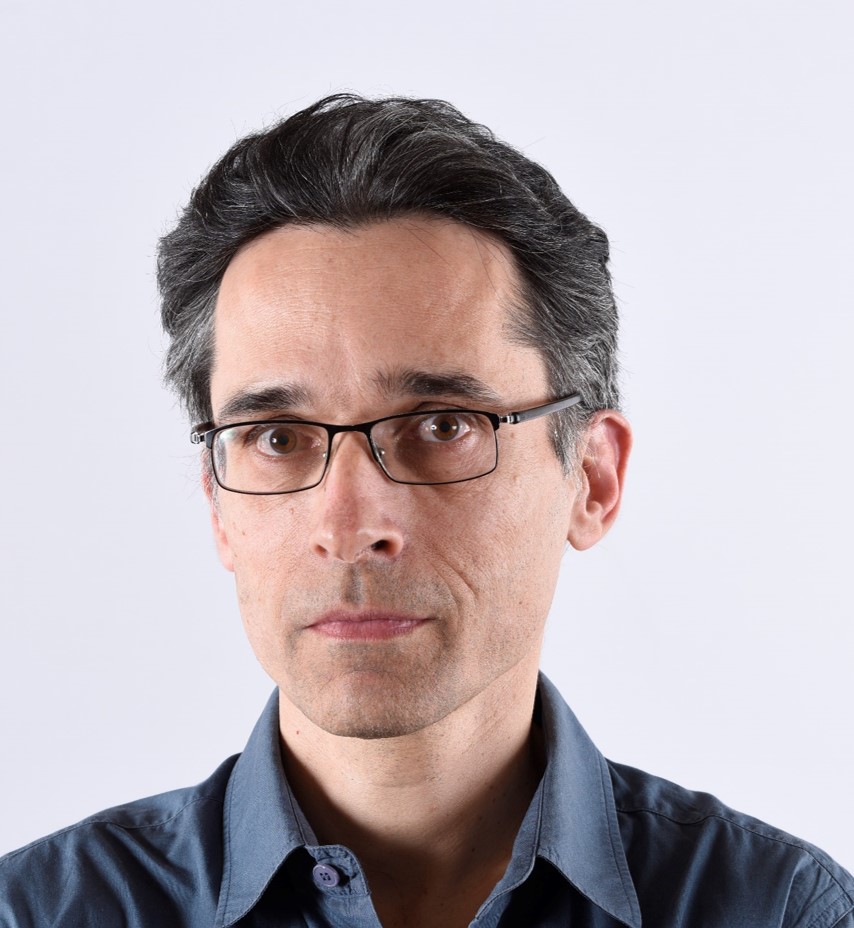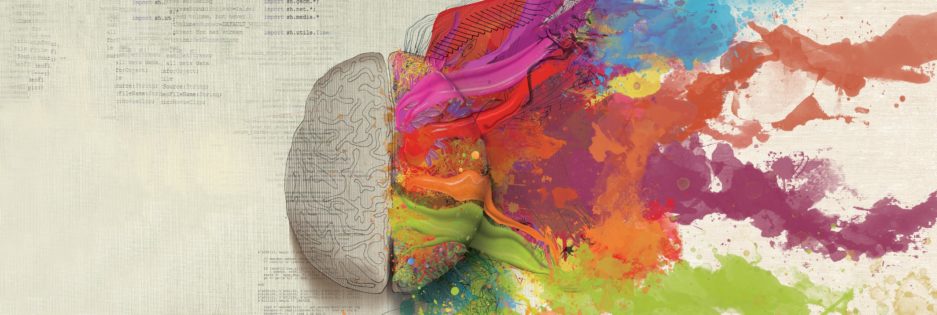In this column, I ask neuroscience professors from around the world the same five questions. Read on to learn more about their research, careers and goals for neuroscience in the future.

Interview with Professor Alexandre Pouget
Centre Medical Universitaire, Dept. des Neurosciences Fondamentales
University of Geneva, Geneva, Switzerland
Professor Alexandre Pouget is a full professor in the department of basic neuroscience at the University of Geneva where he leads the computational cognitive neuroscience laboratory. His research focuses on general theories of representation and computation in neural circuits with a strong emphasis on neural theories of probabilistic inference. He was awarded the Carnegie Prize in Brain and Mind Sciences in 2016. He is also the co-founder of the International Brain Laboratory, a consortium of 21 laboratories across the world whose goal is to develop the first brain wide theory of decision making.
1. What inspired you to pursue neuroscience as a career?
My dad. He was a highly educated man, extremely smart but he believed in god. To me, it seemed obvious that the concept of god, and I’m talking about the omnipotent god who can have a causal impact on your life and imposes a set of divine moral principles, was just a construct of the human mind to deal with existential questions. Admittedly, it’s not easy to find satisfying answers to these issues… Anyway, I lost every debates with him because I didn’t know enough about the brain to make a strong case for my view. So I became a neuroscientist! This also turns out to be the science that allowed me to address all the fundamental questions that I care about: do I have free will? Why do we have feelings? Why would cave men 30’000 years ago feel an urge to paint the wall of the Chauvet cave (https://www.grottechauvet2ardeche.com/) and why would they feel compelled to preserve these paintings over thousands of years? What’s the function of consciousness? Can a mind be eternal?
2. What do you think is the most important goal of neuroscience research? To understand how the brain controls behavior.
Note that I’m not saying that everybody should study this but, from my point of view, this is the essence of what neuroscience is about. Curing mental diseases is obviously a laudable goal and one that deserves strong support but understanding the neural basis of the mind is the ultimate scientific question.
It’s not like other sciences do not address fascinating questions but they are not about you. For instance, I love physics because it shed light on the nature of the universe and the structure of matter but none of that explains why humans have moral principles or why a human mind can do mathematics. Ultimately, all my mental experiences, everything I believe and feel, is just the result of my neurons being active and exchanging molecules and electrical impulses. In my opinion, how this leads to my mental experiences and behavior supersedes all other scientific questions.
3. What are the main topics and goals of your research?
We’re trying to understand general principles of computation in the brain, regardless of the domain. It’s like asking what are the general principles that allow computers to do everything they do. Alan Turing answered that question a while ago. We don’t have an answer for the brain yet.
4. What accomplishment do you think is the most important out of your own research?
Making progress toward understanding how the brain perform probabilistic computations. Beliefs in the brain are probabilistic in the sense that the brain does not simply represent what it believe in but, instead, it computes the probability that its belief or percept, is correct. Indeed, in most situations, the sensory information and our past experiences are not sufficient to know for sure what to believe. Using probability distribution is much more efficient in such situations but how the brain performs such probabilistic reasoning is still very much unknown.
5. What do you hope to accomplish in the next 10 years in the field of neuroscience?
Understanding the neural basis of complex decisions such as the ones involved in deciding which career to pursue or who to vote for. I’m also hoping to change the way we do neuroscience by fostering large scale collaborations similar to the CERN in physics. Our first attempt, the International Brain Lab, https://www.internationalbrainlab.com/ was launched in Sept 2018.
Bonus question: What is your advice to a teenager who wants to learn more about neuroscience? Imagine you had been born at the end of the 19th century and you were interested in science, which field should you have picked? Clearly, Physics. Physics went through a revolution at the beginning of the 20th century. Being part of it must have been incredibly exciting. Likewise, Biology was the way to go in the middle of the 20th century. Now is the time for neuroscience and AI. And unlike the other sciences, it will tell you about who you are. Note that many physicists and mathematicians like Newton, Laplace, Helmholtz or Poincare wrote extensively about perception, thinking and reasoning. Had they been born in the 21st century, I bet they would have all become neuroscientists.
As to how you should go about it, it’s pretty easy. Take online courses, read tons of books and try to join a lab to start doing research as early as possible. Your best ideas will be shaped during your early years. The earliest you confront yourself to big questions, the better.
